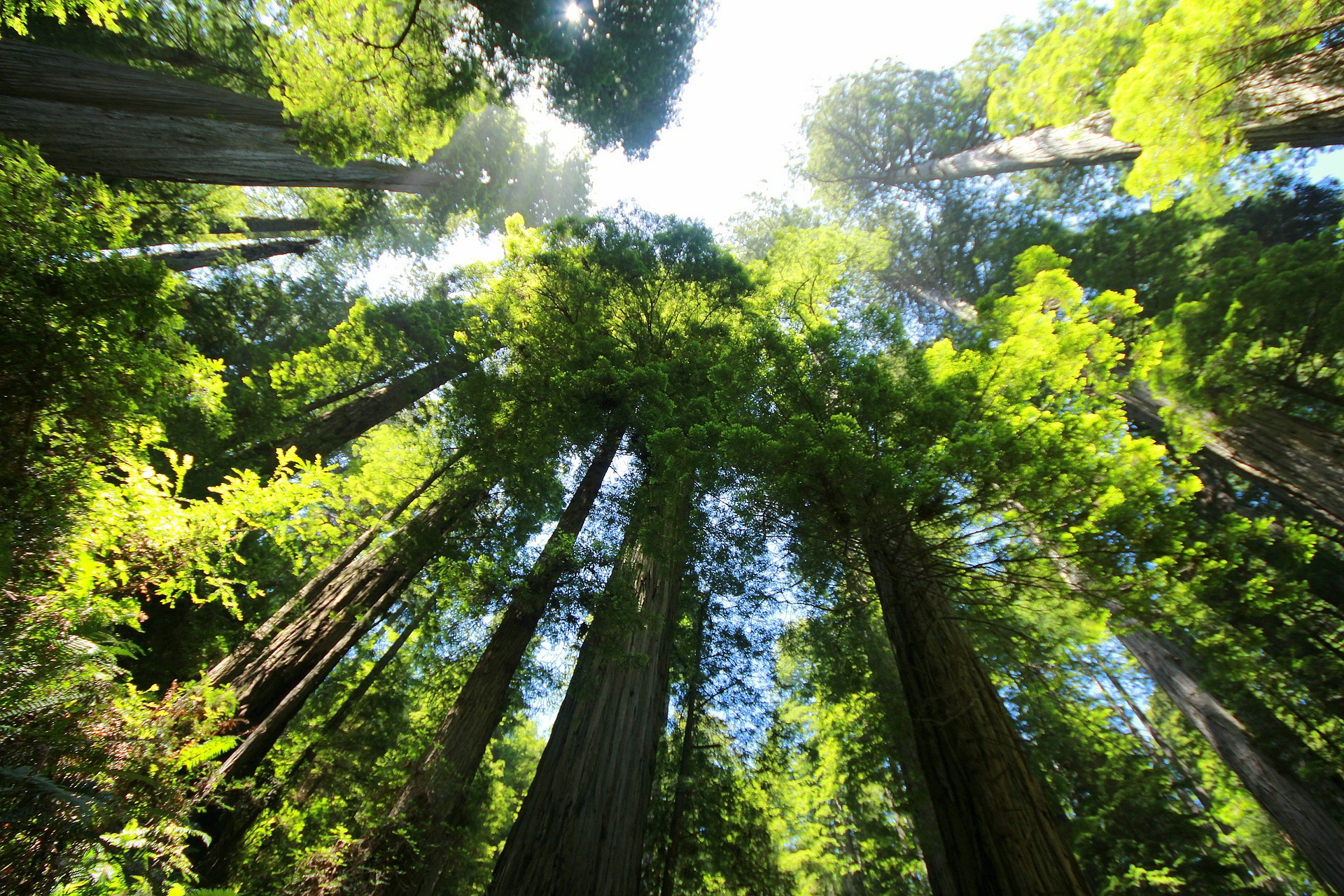In 2021, SPAWN was able to train, house and utilize several full-time interns for six months or longer, including a diverse group of folks who came to Marin from faraway places including New Hampshire and Texas.
Jamie Wilson (Manchester, NH), Teska Hapig-Ward (Sonora, CA), Matt Fernandez (Pasadena, CA), and William Benedict (Long Island, NY) interned for six months. Logan Anderson (Davis, CA) and Eleanor Clarke (Houston, TX) extended their internships to nine months, gaining additional training and experience at increased levels of responsibility.
Interns were trained and gained valuable hands-on experience in techniques and methods of stream habitat restoration, bio-technical stream stabilization, topography surveys, wildlife habitat surveys, usage and upkeep of hand tools, salmonid spawning surveys, juvenile salmon monitoring and handling, native/invasive plant identification and removal methods, native plant propagation, horticulture, seed collection and sowing, plant nursery operations, irrigation installation, erosion control measures, public outreach and communications, public speaking, grant-writing, project management, event planning and preparation, volunteer leadership, GIS mapping, and use and maintenance of small gas-powered equipment, including chainsaws and brush cutters.
Intern Logan Anderson said, “The SPAWN internship program gave me invaluable hands-on experience for working in restoration and natural resource conservation. The staff was very supportive and worked to make my internship one that developed my skill set and cultivated my personal interests in conservation.”
In total, the interns collectively gained 5,280 hours of experience and provided a massive amount of human power to fuel SPAWN efforts.
Interns were housed at two properties surrounded by towering redwoods and other riparian forest habitat in the San Geronimo Valley. The properties, owned by Turtle Island Restoration Network, adjoin San Geronimo Creek that supports endangered coho salmon and threatened steelhead trout.
“The internship program with SPAWN provides the invaluable opportunity to tackle climate issues and the effects on fish populations with a focus on hands-on work. By working with SPAWN, I solidified my interest in climate and wildlife science, learned about fish biology and habitat restoration by working directly with the animals, and was given opportunities and resources to tackle any personal projects I found interesting,” said Teska Hapig-Ward. “SPAWN’s program was an integral step in my development as a wildlife biologist, habitat restoration technician, and climate activist.”
After graduating from their internships, the former SPAWN interns have moved on to various natural resource positions. They are now at numerous organizations, including the National Park Service, Environmental Science Associates, US Forest Service, Outward Bound, and more.
“The insight and human power provided by our interns is a big part of the engine that makes SPAWN so efficient and effective,” said executive director Todd Steiner. “Interns bring new insights to our work and we love learning from them as well as teaching.”
Funds from supporters including private grants were used to cover housing and equipment costs such as utilities, maintenance, internet services and protective gear.
For more information on Turtle Island’s internships, visit https://seaturtles.org/about-us/internships/




